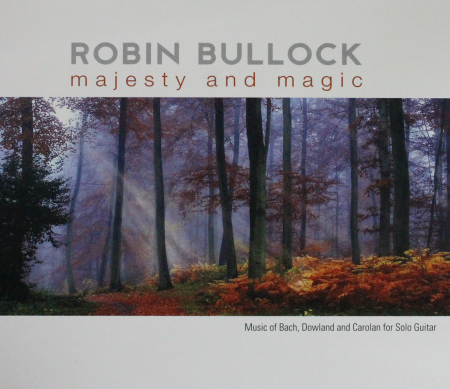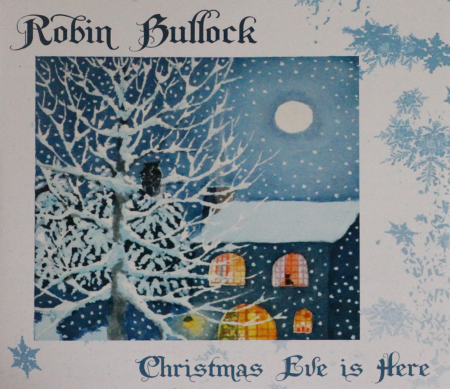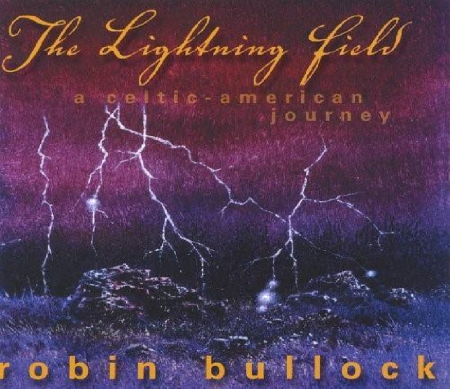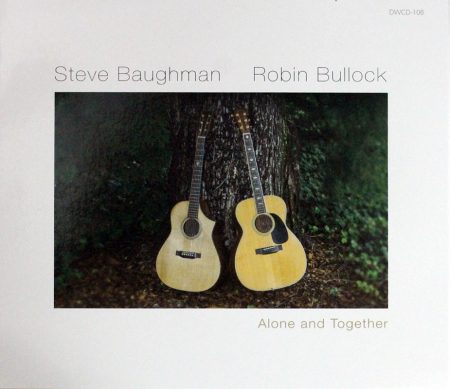Description
1. Lord Inchiquin
2. Come Again, Sweet Love Doth Now Invite
3. Jesu, Joy of Man’s Desiring
4. Abigail Judge
5. Siciliana from Violin Sonata No. 1 in G Minor
6. Think’st Thou Then By Thy Feigning
7. Prelude from Cello Suite No. 1 in G Major
8. Mistresse Nichols Almand
9. Hugh O’Donnell
10. Allemande from Lute Suite No. 1 in E Minor
11. Master Bucton his Galliard / The Earl of Essex his Galliard
12. Carolan’s Cup
13. Prelude from Lute Suite No. 2 in C Minor
14. Carolan’s Receipt
Liner Notes
On this recording an unaccompanied steel-string guitar gives voice to the music of three of my favorite composers: Johann Sebastian Bach, John Dowland and Toirdhealbhach Ó Cearbhalláin (variously anglicized as Turlough Carolan, Turlough O’Carolan or Terence Carolan). Bach, of course, needs no introduction as the supreme master of the High Baroque and one of the greatest musical geniuses who ever lived, whose thousand-plus catalogued works range from intimate solo suites to huge, sprawling passions and cantatas for full choir and orchestra. Carolan was his contemporary, though the two men had no awareness of each other, only sharing a few common musical influences such as Vivaldi. Carolan’s heritage was the tradition of the Irish bards, and the blind harper became the most celebrated of them within his lifetime, leaving a legacy of over 200 tunes for the Irish harp. The melancholy Dowland, who lived a century before the other two, achieved fame almost in spite of himself as a lute virtuoso and composer during the heady days of the English Renaissance, publishing bestselling books of lute songs and viol consort arrangements and ultimately becoming court lutenist to King James I. On the surface the three would appear to have little if anything in common as composers and musicians, yet I find similar threads running through all their work: a melodic grace that transcends the limitations of their various periods, genres and instruments, surprising harmonic and structural choices centuries ahead of their times, and most of all, emotional depth far beyond most other music of their age, or any other age for that matter.
The immediacy of solo guitar seems to me ideally suited for journeying to the heart of this repertoire. The instrument becomes especially powerful and independent when its natural resonance is heightened through the use of altered tunings. (Only two pieces on this CD, Carolan’s “Abigail Judge” and Bach’s C minor prelude for lute, are played in standard tuning.) The guitar is capable of evoking in turn Bach’s harpsichord, Dowland’s lute or Carolan’s brass-strung Irish harp, and a fascinating three-way conversation across centuries and cultures springs forth when the three masters’ music is set against each other’s. One CD can only offer the merest taste of the vast treasures bequeathed to us by Bach, Dowland and Carolan; nevertheless, I hope you enjoy the selection offered here as much as I enjoy playing it. RB














